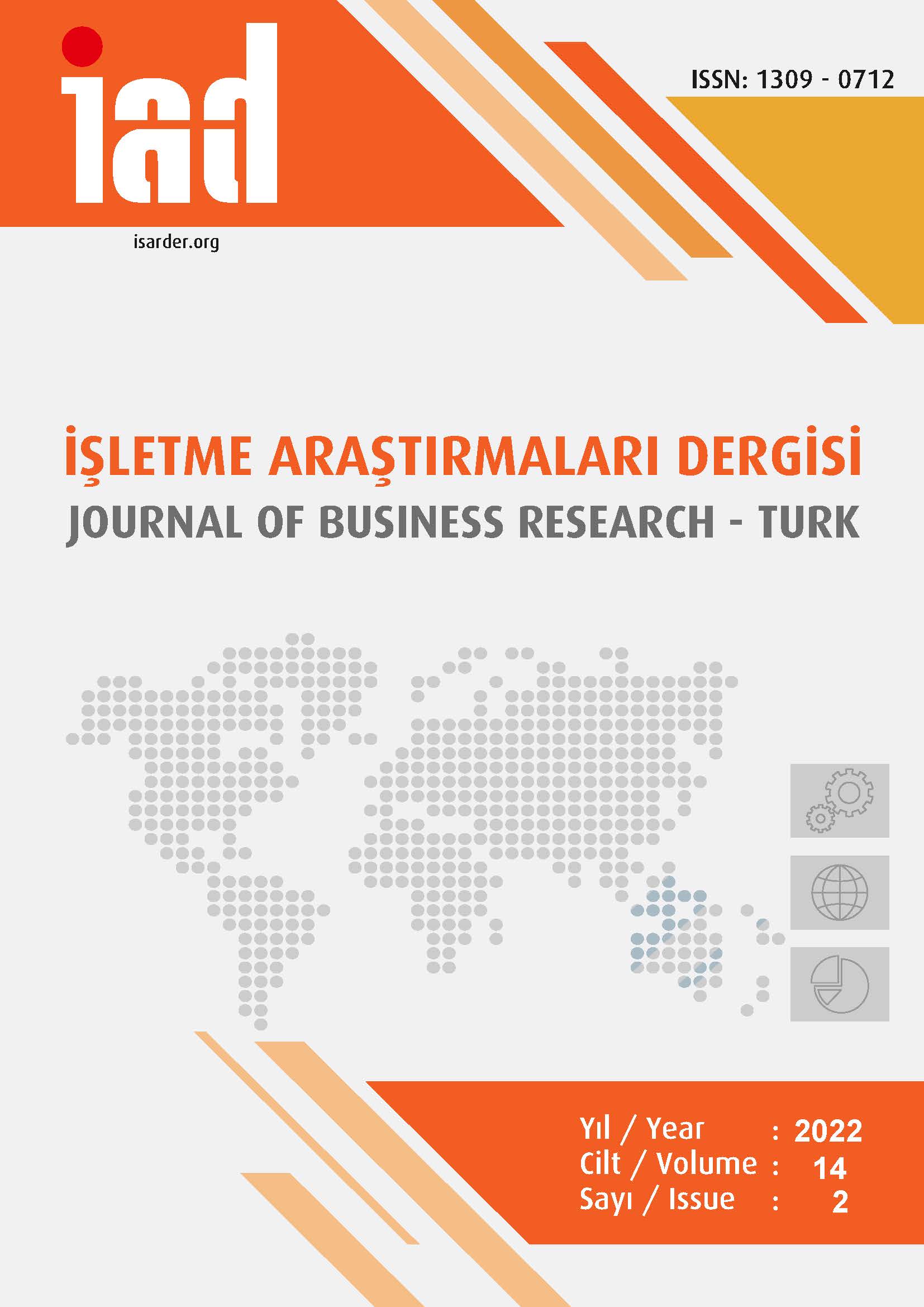How Institutional Psychosocial Risk Factors Affect Occupational Safety: An Empirical Study
Keywords:
Occupational health and safety, Psychosocial risks, Occupational psychologyAbstract
Purpose - The aim of this study is to determine the effect of psychosocial risks of employees in the workplace on occupational safety. Design/ methodology/ approach – The study was designed to be quantitative. In the questionnaire created as a data collection tool, "Institutional Psychosocial Risk Management Scale" and "Occupational Safety Scale” were used in addition to demographic questions. The data obtained from 398 participants working in textile enterprises in Kahramanmaraş province were analyzed with SPSS 25.0 statistical program. Results – As a outcome of multiple linear regression analysis; It has been determined that psychosocial risks at the institutional level have a positive effect on occupational safety, while the sub-dimensions of psychosocial risk factors such as performance, motivation, and problem solving positively affect occupational safety, while the dimension of well-being affects occupational safety negatively. The relative importance of the predictor variables on job security; performance, motivation, problem solving and well-being. Discussion – With the addition of increasing digitalization to tougher competition conditions, psychosocial risks in employees are increasing day by day. Increasing psychosocial risks endanger the safety of workplaces. Obtained results; It is important in terms of both pointing out new perspectives on how psychosocial risks affect occupational safety and contributing to the literature.
Downloads
Published
How to Cite
Issue
Section
License

This work is licensed under a Creative Commons Attribution-NoDerivatives 4.0 International License.





